A Preview of Spring 2022 Classes

Our health is essential now more than ever. Discover these Spring 2022 courses that revolve around several facets of our living health.

HLTH 285-1 | Mental Well-Being and Resilience
Building upon what cutting-edge science tells us about how to maximize mental well-being, this course will explore a wide range of strategies for using both positive and negative emotions to build the psychological resilience and flexibility needed to thrive in challenging times.
Taught by: Charles Raison
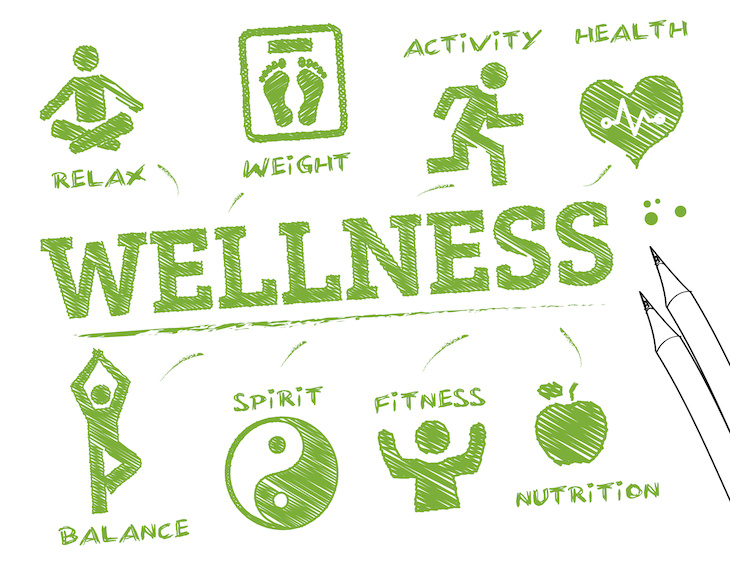
HLTH 200-1 | Peer Health Training
This course will train students to be peer health partners in the Health 100 course. Students have the opportunity to become involved in a personalized approach to health and well-being based on evidence-based approaches to health and wellness. Students learn tools to discover their own health and to develop healthy lifestyle behaviors, with a focus on issues relevant to Emory students and empower individual flourishing. Designed to prepare students to facilitate Health 100, this course will benefit any student with an interest in health who also has the aim of broader intellectual development and a career in health care.
Taught by: Lisa DuPree and the Health 1,2,3,4 Team
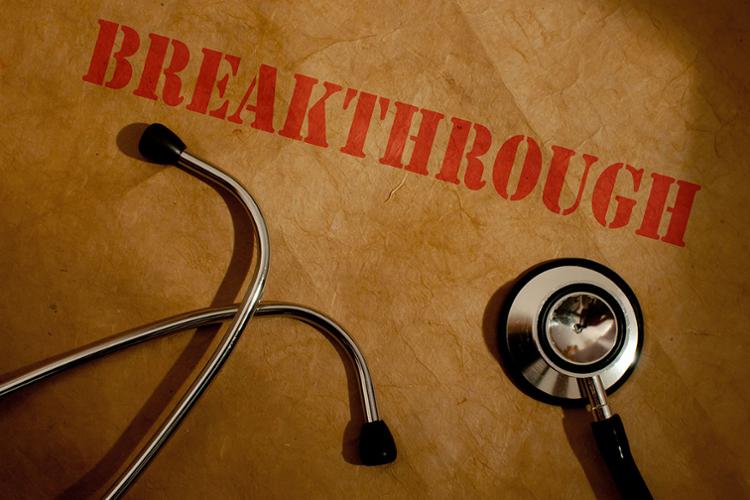
HLTH 279-1 | Critiquing Health News
We will examine how health research is covered in news articles. We will practice various skills to critically read health news and learn to separate real news from exaggerated news. The aim of the course is to encourage curiosity, to increase scientific perceptiveness, to raise communication awareness, and to build critical evaluation skills.
Taught by: Cecile Janssens

HLTH 350R-1 | Core Issues in Global Health: Environmental Change & Human Migration
Migration and health are increasingly recognized as a global public health priority as a result of broad-scale environmental damage. From climate change to biodiversity loss and the resultant social and political responses, diverse flows of economic, forced, and irregular migration have increased in extent and complexity. This course explores the environmental, economic, political and social causes of migration and its effect on the health of migrant communities through case studies of both in-country and trans-boundary migration.
Taught by: George Luber

HLTH 385-3 | Sights and Sounds of Health
This course will explore our perception of sights and sounds. We will investigate how visual and auditory stimuli contribute to, or disrupt, our health and well-being, how their processing pathways may be disrupted, and potential interventions to restore these critical sensory modalities.
Taught by: Don Noble and Amanda Freeman
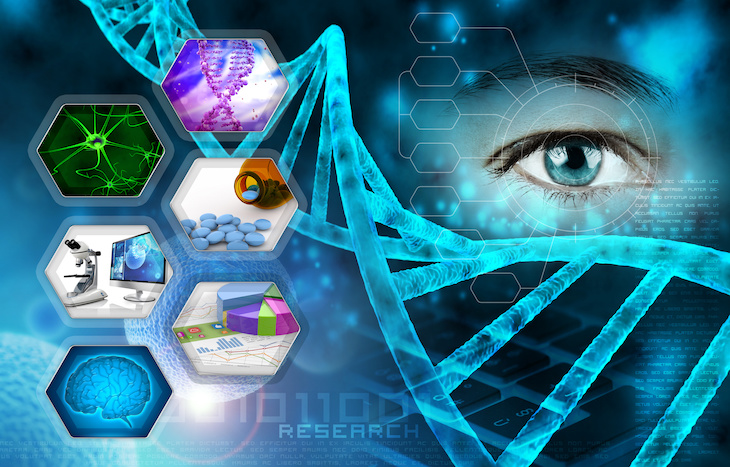
HLTH 385-5 | Drug Discovery
How are new drugs discovered and determined to be safe for implementation? Students will learn about the processes included in small molecule synthesis, repurposing of existing agents, preclinical validation, and the pathway required to test a drug for safety in humans and achieve FDA approval.
Taught by: Christina Gavegnano

HLTH 385-6 | Global Health: Players, Politics, & Power
This seminar focuses on the interplay of major global health actors/players in the politics of global health, and the power dynamics that infuse the interplay. Key global health players over the last 25 years include public, multilateral, private and philanthropic actors in a landscape that was framed by the post-World War 2 set of organizations and institutions. Since the millennium, this landscape has fundamentally changed as various global health players have crafted a global health agenda involving relative power relations over time influencing priorities and decisions taken at community, sub-national and national levels in low- and middle-income countries.
Taught by: Deborah McFarland
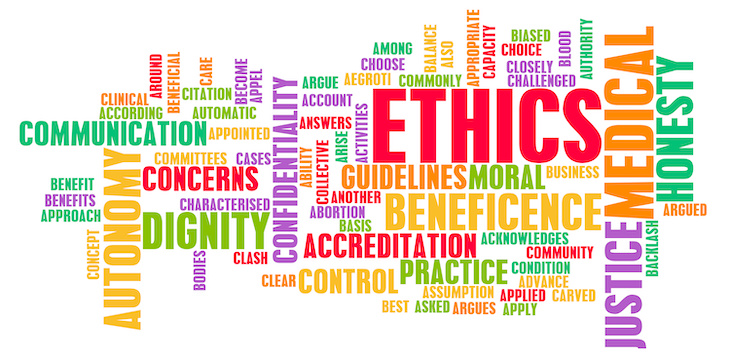
HLTH 385-8 | Bioethics and Clinical Questions
This class explores basic principles of bioethics (autonomy, beneficence, nonmaleficence, and justice), in real-life settings and specific cases. We will explore how life and death decisions for patients are made across emergencies, everyday hospital settings, and unique scenarios.
Taught by: Christina Gavegnano
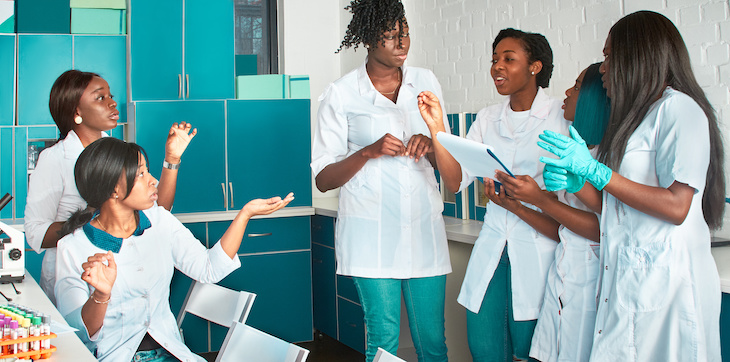
HLTH 408-1 | Epidemiology in Action
Health problems have many complex causes. After mapping the causes of a real-world problem from a specific context (with research, theory & epidemiology), learners will create a proposal with real-world solutions. The proposal will be converted into a persuasive presentation to request funding for the work.
Taught by: John Cranmer

HLTH 485-2/SOC 489-2 | Health Innovation Delivery
Human-centered and collaborative innovation models guide development of a sustainable and ethical business plan. With the input of expert health innovators, student teams will work with an existing or prototype health innovation to plan for its implementation, either in the U.S. or an international setting. They will begin with a technology landscape analysis and a needs and asset assessment to consider the potential benefits and challenges for their innovation within a specific context. Students will develop implementation plans, including a business plan, work plan, and protocols for monitoring and evaluation of implementation outcomes.
Taught by: Rachel Hall-Clifford and Philip Wilson